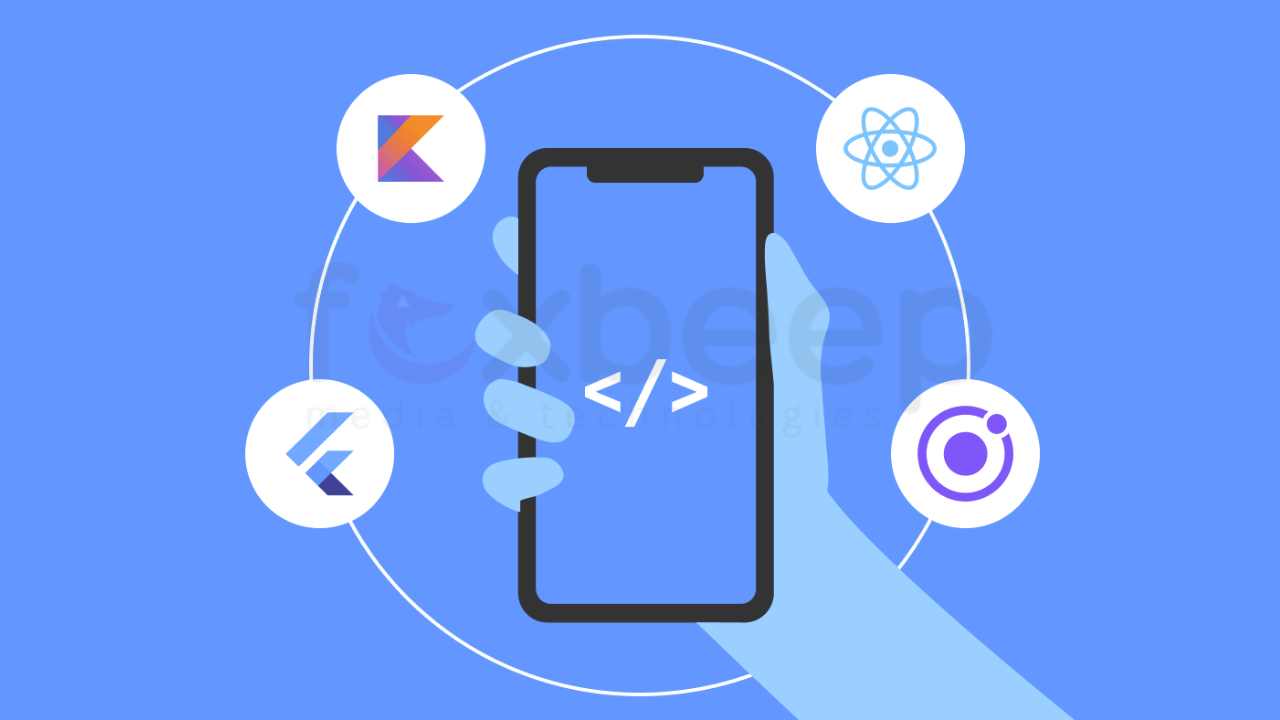Cross-platform app development has revolutionized the way we build mobile applications. In this comprehensive guide, we'll explore the top 10 frameworks that enable developers to create stunning apps that work across iOS, Android, and web platforms with a single codebase.
1. React Native
React Native continues to dominate the cross-platform landscape with its 'learn once, write anywhere' philosophy. Developed by Facebook, it allows developers to use React concepts to build mobile applications.
2. Flutter
Google's Flutter has gained tremendous popularity due to its fast development cycle and expressive UI. With Dart as its programming language, Flutter offers excellent performance and a rich set of customizable widgets.
3. Xamarin
Microsoft's Xamarin enables developers to share code across platforms while still accessing native APIs. It's particularly popular among enterprises already invested in the Microsoft ecosystem.
4. Ionic
Ionic combines the power of web technologies (HTML, CSS, JavaScript) with native mobile capabilities. It's perfect for developers with web development backgrounds.
5. Cordova/PhoneGap
Apache Cordova (formerly PhoneGap) wraps web applications in native containers, allowing access to device features through JavaScript APIs.
The choice of framework depends on your specific needs, team expertise, and project requirements. Each framework has its strengths and ideal use cases.
